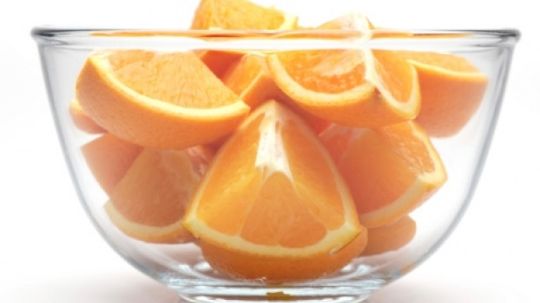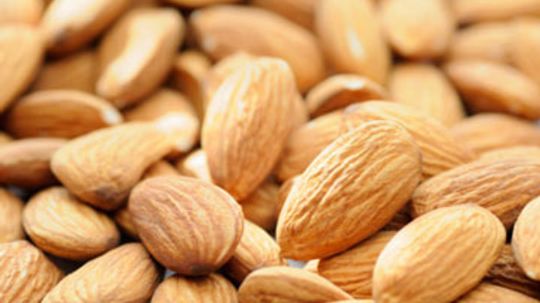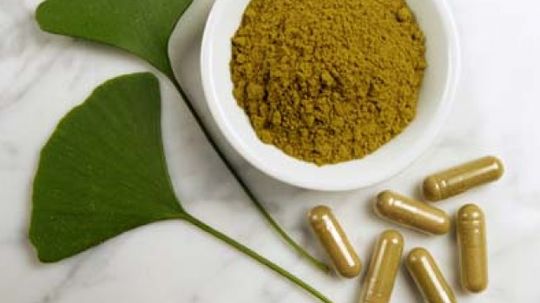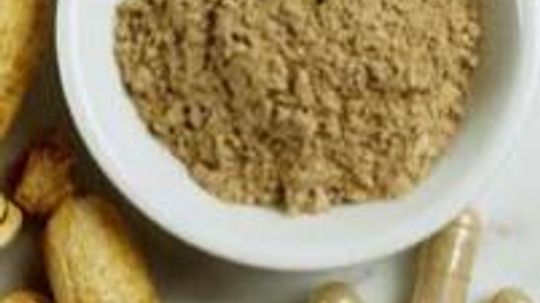Vitamin and Supplement Facts
Vitamin and supplement facts can help you determine whether you need to complement your diet. Read up on the facts before you head to the store.

Ultra-processed Foods May Increase Inflammation, Chronic Disease Risk

Top 5 Anti-aging Vitamins

Your Basic Health Maintenance Plan

The Worst Bottled Water Brands Are Basically Filtered Tap Water
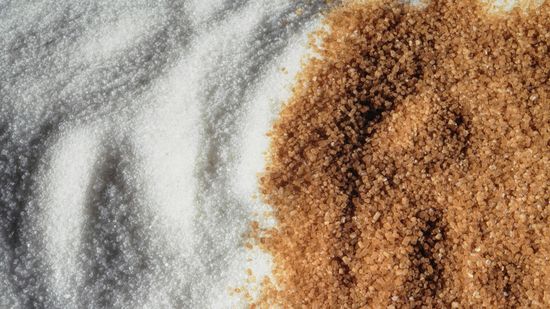
What's the Difference Between White Sugar and Brown Sugar?

A Simple Salt Swap Could Save Thousands of Lives, Maybe Yours

Healthiest Bottled Water: 12 Options Available in Stores

Do You Need Soap to Get Your Dishes Clean?

The FDA and America's Frightening Food System

U.S. Workers Get 1,292 Extra Calories per Week From Snacks at Work

Why a Second Breakfast Can Be Good for Us

Is brown sugar healthier than white sugar?

What Makes a Food 'Natural'?

20 Healthiest Foods Pictures
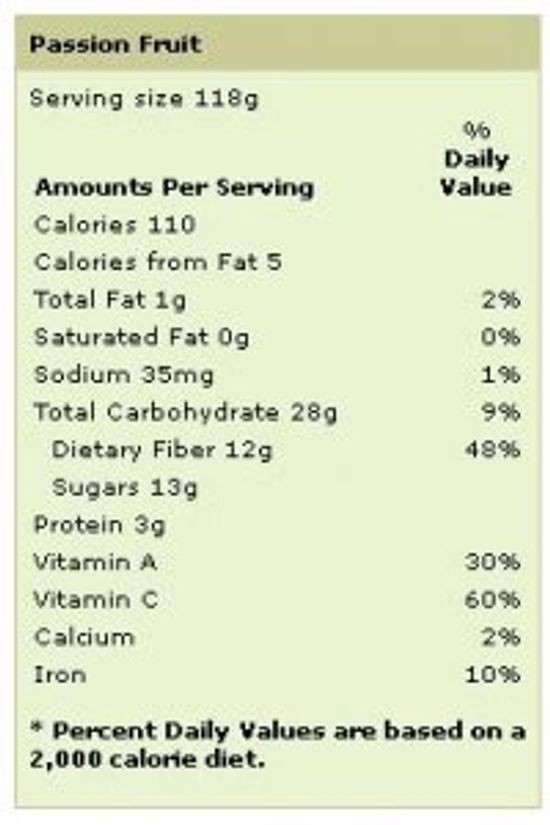
Passionfruit: Natural Food
Learn More / Page 2
In many nutritional medicine circles, chlorella, a simple algae plant, is held in high regard for its health benefits as it contains several nutrients that can improve health. Learn about the many health benefits of chlorella.
The vitamin B family targets some of the most common health issues, including fatigue, stress, depression, high cholesterol and brain and heart health. Learn about choosing a B-complex vitamin to promote good health.
Nutritional supplements are typically available in four different categories, sorted according to quality. Learn about determining supplement quality according to grade.
Advertisement
Iodine is a mineral known to be important for thyroid function, but over one billion people may be at risk for iodine deficiency. Learn why you should pay attention to this often forgotten mineral.
Red fruits and vegetables offer healthy doses of lycopene, which provides numerous health benefits to the body. Learn why you should include plenty of lycopene in your diet.
Phosphatidylserine can rejuvenate the cell membranes of the brain, improving memory, attention span, concentration, mood and depression. Learn about the effects of phosphatidylserine on the brain.
Ribose is a simple supplement with substantial potential. Learn how ribose may be helpful in maintaining heart health and treating fatigue.
Advertisement
S adenosylmethionine could be helpful in treating various forms and causes of pain, from arthritis to depression. Learn about S adenosylmethionine.
Theanine is found in green tea and is gaining a significant reputation among nutritional practitioners for its positive effects on anxiety. Learn about theanine, a supplement for soothing anxiety.
Folic acid, a member of the B vitamin family, has demonstrated benefits in a variety of areas. Learn about how folic acid benefits your body's health in a number of ways, preventing birth defects, stroke and cancer.
Eating a good balance of the right nutrients is a good way to help keep your body healthy. One of those nutrients is omega-3 fatty acids, which you can find in seafood. But what if you have a seafood allergy?
By Tom Scheve
Advertisement
Vitamins help our bodies function properly, but in order to reap their benefits, you may need to do more than pop back some pills with breakfast. How does the body absorb vitamins from food, capsules and tablets?
By Julia Layton
Your diet may have you thinking all fat is evil, but that's just wrong. Many of the vitamins that make your body function need fat to work. So is that license to consume a dozen donuts with your multivitamin in the name of health? Not so fast.
By Julia Layton
Most of us think we can subsist on Chick-fil-A sandwiches and Krispy Kreme doughnuts as long as we pop a multivitamin each day. But vitamins can be more sinister than you think.
When it comes to medicinal drugs, the FDA's standards are pretty high: Only about 0.1 percent of the drug compounds tested in labs ever receive approval. So if herbs like ephedrine are causing psychosis and death, why doesn't the FDA eradicate them?
By Josh Clark
Advertisement
Botanicals have been receiving a lot of press lately, but they can be dangerous. Constant bombardment of information about herbs that promise health and youth can often times hide the harmful effects of an herb. Learn about the safety of botanicals for seniors.
By Liz Ward
Supplements for seniors can help to control hormones and even protect against cancer. The endless list of anti-aging supplements also aid in the lowering of cholesterol, which raises overall health. Learn about the pros and cons of supplements for seniors.
By Liz Ward
There is some reason to believe that vitamins and minerals might help lower cholesterol, but at this point the evidence is mostly inconclusive. Learn about the results of various studies.
We all know that vitamins are essential part of a healthy diet, but how much do we really know about these fundamental building blocks of good health? Learn the answers to your vitamin questions.
By Alex Nechas
Advertisement
With Vitamin C so readily available in commonly fruits and vegetables, meeting the recommended daily allowance (RDA) isn't typically an issue. However, there can be dangers to not getting enough vitamin C. Learn about vitamin C deficiency.
If you pop a Vitamin C lozenge at the first sign of a cold, you could be doing more good than you know. While it's usually associated with the treatment of colds, Vitamin C has also been researched in connection with cancer prevention.
Vitamin C is easy to get in most fruits and vegetables, but how much is enough, and can there be too much of a good thing? Learn about where you can get the recommended daily allowance of vitamin C in your diet, and how much is considered safe.
Vitamin B5, or pantothenic acid, is part of coenzyme A, which helps release energy from carbohydrates, fats, and proteins. It also helps in production of red blood cells. Learn more about this essential nutrient.
Advertisement
Vitamin B2, or riboflavin, acts as a coenzyme, helping to metabolize carbohydrates, fats, and proteins in order to provide the body with energy. Find out more about this b-complex vitamin.
Vitamin B6 is used as a treatment for more than 100 health conditions, and it's found in virtually every food we eat. Learn more about this versatile and plentiful vitamin.


